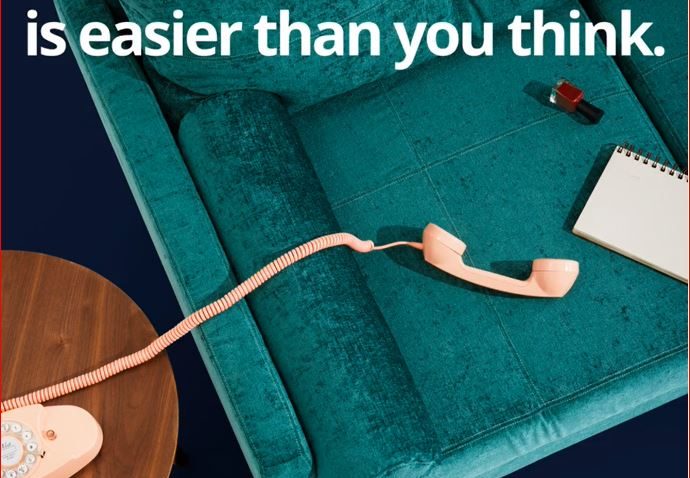Big ideas
Franchise businesses like Wendy’s, McDonald’s, and Jack-In-The-Box have experienced significant success over the past few decades. This suggests that those who formulate franchise ideas and establish businesses possess a keen eye for profitable opportunities.
However, it is crucial for potential franchise buyers to thoroughly investigate and analyze the franchise they are considering before investing any money. To aid in this investigative process, we have compiled a list of questions you should ask. Remember, it’s not just about asking these questions; obtaining satisfactory answers is equally important. Here is the checklist:
Due diligence
1. Has your attorney carefully examined the franchise contract and thoroughly discussed it with you? Do both of you approve it without any reservations?
2. Does the franchise require you to engage in any illegal, borderline illegal, or questionable activities in your state, county, or city?
3. Does the franchise offer you an exclusive territory for the entire franchise term, or can the franchisor sell additional franchises in your territory?
4. Is the franchisor affiliated with any other franchise companies that handle similar products or services?
5. If the answer to the previous question is yes, what safeguards are in place to protect you from potential competition within your territory?
Exit ramps
6. Under what circumstances can you terminate the franchise contract, and what will be the associated costs?
7. If you decide to sell your franchise, will you be compensated for the goodwill or will it be lost?
8. How many years has the franchise company been in operation?
9. Does the company offering you the franchise have a reputation for honesty and fair dealing among its franchisees?
10. Has the franchisor provided certified figures indicating the exact net profits of one or more franchisees? Have you verified these figures with the franchisees personally?
11. Will the franchisor assist you with: a) Management training; b) Employee training; c) Public relations and advertising programs; d) Capital investment; e) Credit availability; f) Merchandising ideas?
Location, stability, training
12. If necessary, will the franchisor help you find a suitable location for your franchise?
13. Is the franchisor financially stable enough to execute its stated plans?
14. Does the franchisor possess competent, well-trained management?
15. What specific benefits or advantages does the franchisor bring that you cannot achieve on your own?
16. Has the franchisor conducted a thorough evaluation of your capabilities to ensure a mutually profitable operation?
17. Does your state have a law regulating the sale of franchises, and has the franchisor complied with this law to your satisfaction?
18. What amount of equity capital will you need to purchase the franchise and operate it until your income covers your expenses?
Promising success stats
If you are able to obtain satisfactory answers to each of these questions, then you are likely considering a promising franchise opportunity. However, if any doubts arise, make certain to conduct further research to gather accurate answers before making any investment or signing any agreements.
Buying a franchise can provide a sense of security and, in some cases, a guaranteed profit. Research shows that less than 20 percent of franchised businesses fail, in contrast to the 60 to 80 percent failure rate for new businesses started annually in the country.
You can find information on specific franchising ideas in franchise directories that are typically available at your local library. Additionally, franchise outlets may display notices relating to franchises for sale.
Oxygen. Money. Done! Any questions?
If you have the financial means to enter this venture, remember that statistics are in your favor. Armed with caution and a comprehensive checklist, you now possess a roadmap to guide you through the process of purchasing a franchise.
For all your Tax Tools & Financial Calculators, or to schedule an appointment to get your taxes prepared and e-filed, please visit Concierge Tax Pros, our highly recommended tax preparation office website.



